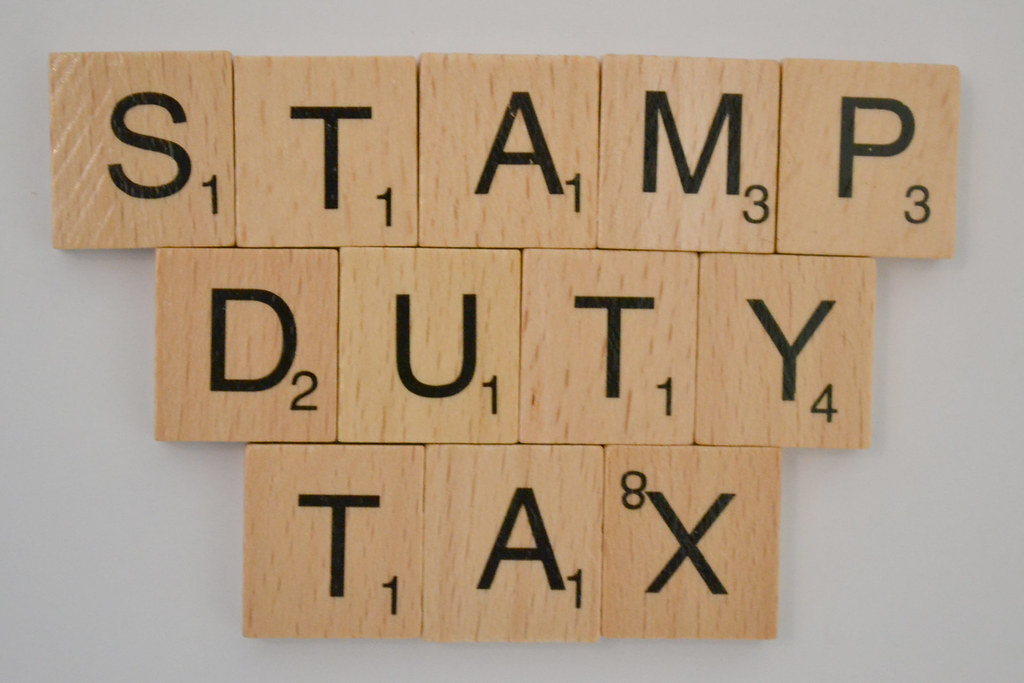The Low Incomes Tax Reform Group (LITRG) has expressed concern that recipients of the Government’s Self-Employed Income Support Scheme (SEISS) grant might not realise it is taxable.
The concern has led the LITRG to warn that, for many, a third of the grant might have to be ‘paid back’, in tax and Class 4 National Insurance (NIC).
The LITRG stated that grants made to the self-employed and partners in trading businesses under the SEISS scheme are likely to be included in claimants’ 2020/21 Self Assessment tax returns.
Claimants might not appreciate that income tax and Class 4 National Insurance is due on the grant and payable by 31 January 2022 at the latest. The LITRG said it fears that people could instead assume the amount is exempt from tax, particularly as it is described by the Government as a ‘grant’.
Head of the LITRG, Victoria Todd, commented: “Many claimants of SEISS grants might, understandably, use the money as soon as they get it, for example, to catch up on liabilities or to meet essential living costs – but they need to think now about budgeting for income tax and National Insurance on it.”
The timing of the grants – early in the tax year – means that individuals might have to forecast their total taxable profits for 2020/21, so they can estimate the amount of tax and National Insurance due on the grant. For many, the LITRG said this is likely to be 20% tax and 9% Class 4 National Insurance.
“The Government has announced recently that a second wave of grants will be paid under the scheme in August 2020,” Todd added. “We urge HMRC to do as much as they can to publicise that the grants are chargeable to income tax and National Insurance, to reduce the risk of people being surprised by higher-than-expected 2020/21 tax bills.”
Latest News
-
FCA receives 281 whistleblowing reports in Q4 2025
-
First-time buyer mortgage pricing opening door to Bank of Family lending
-
Savers have ‘more choice than ever’, Moneyfacts reveals
-
Number of mortgages in arrears continues to fall
-
Commercial brokers’ ‘wish list’ goes unanswered – Asset Advantage
-
NatWest reports mortgage book growth
Perenna and the long-term fixed mortgage market

Content editor, Dan McGrath, spoke to head of product, proposition and distribution at Perenna, John Davison, to explore the long-term fixed mortgage market, the role that Perenna plays in this sector and the impact of the recent Autumn Budget
Mortgage Advice Bureau and AI in the mortgage sector
Chief executive officer at Mortgage Advice Bureau, Peter Brodnicki, and founder and managing director at Heron Financial, Matt Coulson, joined content editor Dan McGrath to discuss how Mortgage Advice Bureau is using artificial intelligence to make advancements in the mortgage industry, the limitations of this technology and what 2026 will hold for the market
NEW BUILD IN FOCUS - NEW EPISODE OF THE MORTGAGE INSIDER PODCAST, OUT NOW

Figures from the National House-Building Council saw Q1 2025 register a 36% increase in new homes built across the UK compared with the same period last year, representing a striking development for the first-time buyer market. But with the higher cost of building, ongoing planning challenges and new and changing regulations, how sustainable is this growth? And what does it mean for brokers?
Does the North-South divide still exist in the UK housing market?

What do the most expensive parts of the country reveal about shifting demand? And why is the Manchester housing market now outperforming many southern counterparts?
In this episode of the Barclays Mortgage Insider Podcast, host Phil Spencer is joined by Lucian Cook, Head of Research at Savills, and Ross Jones, founder of Home Financial and Evolve Commercial Finance, to explore how regional trends are redefining the UK housing, mortgage and buy-to-let markets.
In this episode of the Barclays Mortgage Insider Podcast, host Phil Spencer is joined by Lucian Cook, Head of Research at Savills, and Ross Jones, founder of Home Financial and Evolve Commercial Finance, to explore how regional trends are redefining the UK housing, mortgage and buy-to-let markets.
© 2019 Perspective Publishing Privacy & Cookies











Recent Stories